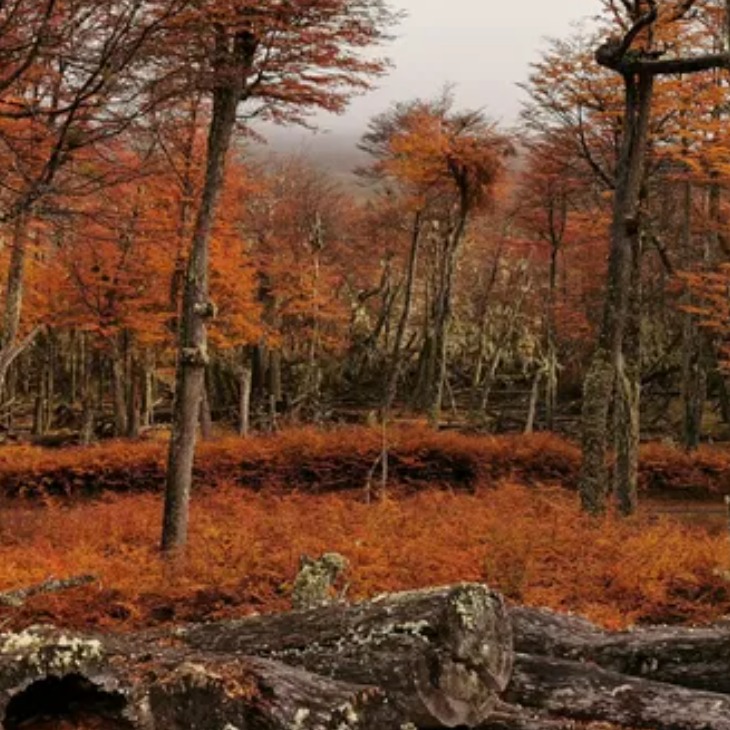
Corrientes | Government strengthens international cooperation with the European Union and analyze new regulation for the export of forest products in 2026
With the participation of the Minister of Production, Claudio Anselmo, the Minister of Industry, Commerce and Labor, Mariel Gabur, and the Production Cabinet, a meeting was held with representatives of the European Union on Wednesday, in the capital city of Corrientes, and the relevance of the dialogue with the main European business partners were highlighted.
During the day, two fundamental axes were discussed: Regulation 1115 of the EU (2026): The application of the new standard that will require the products exported to Europe was analyzed to be free of deforestation. Correntine companies must demonstrate traceability and have environmental certifications to comply with the regulations. International cooperation: European support programs for small producers and technological development were explored to promote sustainable forest production in the province. The meeting was attended by representatives from Spain, Italy and the Netherlands, who reaffirmed their interest in strengthening commercial ties with currents. International.Corrientes already has high environmental standards and certifications in the forest-industrial and livestock sectors, which facilitates its insertion in the European market. However, the challenge is to optimize traceability systems and reinforce the confidence of the international consumer in a complex global context, marked by the commercial war between the United States, China, Canada and Mexico, which could impact the forestry sector.
IT MAY INTEREST YOU
 Why are houses in the United States?
Why are houses in the United States?
In several regions of the United States, houses are still made of wood. I discovered what is the true reason why this is still so.
 25 -year study states that forests with five tree species capture 57% more carbon compared to monocultures
25 -year study states that forests with five tree species capture 57% more carbon compared to monocultures
Mixed forests store more carbon and strengthen the fight against climate change forests play a fundamental role in carbon capture and storage, which helps reduce the speed of global warming. However, not all forests have the same capacity for carbon absorption and retention. A recent study of the University of Friburg has shown that mixed forests, those that contain various tree species, are significantly more efficient in carbon capture than monocultures. These findings reinforce the importance of promoting forest diversity as a key strategy against climate change.
 One of the oldest trees in Patagonia, in danger of disappearing
One of the oldest trees in Patagonia, in danger of disappearing
An Argentine scientific team demonstrated how the temperature increase affects one of the most emblematic trees in Patagonia for the end of this century, climatic models predict that the temperatures of the high areas of the Patagonian mountains will be similar to those that the valleys and lakes of lower altitude have today. Given this scenario, a Conicet research team set out to evaluate the possibilities of adapting the lenga (Nothofagus pumilio), a typical tree species of the high regions of the northern Patagonia and fundamental for the Andean ecosystem.





















